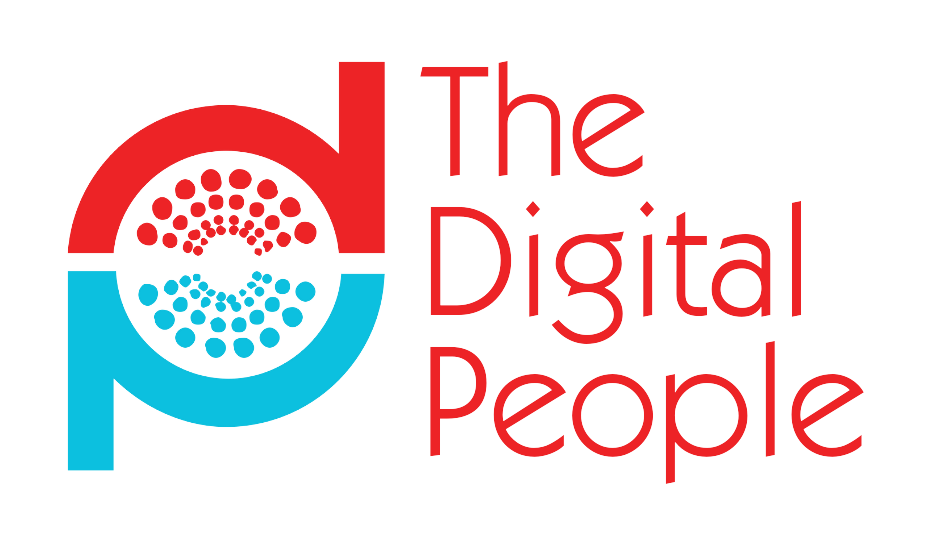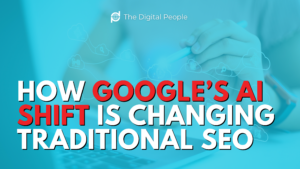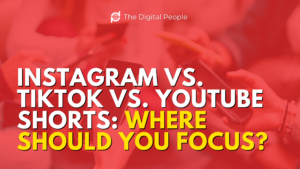For years, businesses have relied on tried-and-true SEO tactics—keywords, backlinks, and structured content—to climb Google’s search rankings. But as Google’s AI-driven search evolution takes center stage, traditional SEO is no longer enough. AI-powered search engines are reshaping how content is discovered, ranked, and consumed, forcing businesses to adapt or risk becoming invisible online.
If you’re a business owner or marketing professional, understanding these changes is critical to staying ahead. Let’s break down how Google’s AI shift is changing SEO and what you should do to stay competitive.
1. AI-Generated Search Results Are Reducing Clicks
Google’s Search Generative Experience (SGE) now provides AI-generated summaries at the top of search results, pulling key information from multiple sources. This means users can get answers without clicking through to websites.
What This Means for You:
- Your website traffic may decline if your content isn’t featured in AI-generated results.
- To remain visible, your content needs to answer search questions concisely and be recognized as an authoritative source.
How to Adapt:
- Use FAQ sections and structured data to increase the chances of your content being pulled into AI summaries.
- Focus on concise, expert-driven answers rather than fluff-filled blog posts.
2. Keywords Matter Less—Context Matters More
Google’s AI prioritizes natural language processing (NLP), meaning it understands context, intent, and semantics better than ever. This shift reduces the importance of exact-match keywords and increases the value of well-structured, user-focused content.
What This Means for You:
- Keyword stuffing is ineffective; AI prioritizes depth, clarity, and accuracy.
- Google understands synonyms and context, so rigid keyword strategies are outdated.
How to Adapt:
- Write naturally, using conversational and long-tail phrases.
- Focus on topic clusters rather than standalone keywords—create content that comprehensively covers a subject.
3. Experience and Trustworthiness Are More Important Than Ever
Google’s E-E-A-T framework (Experience, Expertise, Authority, and Trust) is now a core ranking factor. AI rewards content that demonstrates real-world experience and credibility.
What This Means for You:
- Businesses that rely on generic, AI-generated content will struggle to rank.
- Content must be backed by real experts, case studies, and authentic insights.
How to Adapt:
- Add author bios and credentials to show expertise.
- Use first-hand experience—customer success stories, data-driven insights, and real-world applications.
4. AI Favors Multimedia Over Text-Only Content
Google’s AI prioritizes rich media, including videos, images, and interactive elements. Traditional text-heavy blog posts are less effective without visual and engaging content.
How to Adapt:
- Optimize video and image SEO with relevant tags and descriptions.
- Incorporate interactive content like infographics and embedded videos.
The Bottom Line
SEO isn’t dying—it’s evolving. AI-driven search rewards businesses that focus on valuable, well-structured, and experience-driven content. By embracing AI-friendly SEO strategies, your business can maintain visibility and authority in an ever-changing digital landscape.
If your SEO strategy hasn’t been updated in a while, now is the time to rethink your approach. Prioritize authenticity, user experience, and AI optimization to stay ahead of the curve.
Want to learn more? Read our blog, “The Rise of AI in Content Marketing: What’s Next?”




